Collective Identity, Oppression, and the Right to Self-Ascription
Collective Identity, Oppression, and the Right to Self-Ascription
Andrew J. Pierce
LEXINGTON BOOKS
Lanham Boulder New York Toronto Plymouth, UK
Published by Lexington Books
A wholly owned subsidiary of The Rowman & Littlefield Publishing Group, Inc.
4501 Forbes Boulevard, Suite 200, Lanham, Maryland 20706
www.rowman.com
10 Thornbury Road, Plymouth PL6 7PP, United Kingdom
Copyright 2012 by Lexington Books
All rights reserved. No part of this book may be reproduced in any form or by any electronic or mechanical means, including information storage and retrieval systems, without written permission from the publisher, except by a reviewer who may quote passages in a review.
British Library Cataloguing in Publication Information Available
Library of Congress Cataloging-in-Publication Data
Pierce, Andrew J., 1981-
Collective identity, oppression, and the right to self-ascription / Andrew J. Pierce.
p. cm.
Includes bibliographical references and index.
ISBN 978-0-7391-7190-5 (alk. paper) -- ISBN 978-0-7391-7191-2 (electronic)
1. Group identity. 2. Social groups. 3. Ethnicity. I. Title.
HM753.P528 2012
305.8--dc23
2012010656

The paper used in this publication meets the minimum requirements of American National Standard for Information Sciences Permanence of Paper for Printed Library Materials, ANSI/NISO Z39.48-1992.
Printed in the United States of America
Table of Contents
Acknowledgments
Introduction
| 1 | Minority Cultures and Oppressed Groups: Competing Explanatory Frameworks |
| 2 | Collective Identity, Group Rights, and the Liberal Tradition of Law |
| 3 | Identity Politics within the Limits of Deliberative Democracy |
| 4 | The Future of Racial Identity: A Test Case |
Bibliography
Index
Acknowledgments
This book would not have been possible without the support of many individuals and institutions. Conversations and courses with Stephen Esquith, Marilyn Frye, Bill Lawson, Richard Peterson, and Lisa Schwartzman helped me to begin thinking about questions of collective identity and how they related to issues of oppression, cultural membership and liberal political philosophy. Jennifer Parks and Tom Wren provided helpful feedback in the early stages of the project, as did Jackie Scott and David Schweickart, whose ongoing, insightful guidance undoubtedly prevented many wrong turns and potential mistakes. I would also like to thank Charles Mills for his helpful comments and guidance at various stages of the process, and for taking the time to work with and mentor a young philosopher outside of the auspices of official faculty responsibilities. Most importantly, I would like to thank David Ingram, for ongoing guidance and encouragement at every stage of the process, and for being a wonderful mentor in general. If this book makes a valuable contribution, it is surely because of his tutelage. Additionally, I would like to thank the Arthur J. Schmitt Foundation for its generous support, which allowed me to give the book my undivided attention, and to finish it in a timely manner. Finally, I would like to thank my friends and family, whose love and support have been critical not just to this project, but to all of my endeavors academic and otherwise. You know who you are.
Introduction
Traditional liberal political theory is characterized in large part by its focus on individuals and individual rights. That is, it begins with the presumption that the collective political life of citizens is preceded (if not historically, at least conceptually) by a state of nature in which each individual is sovereign. This complete and brutal freedom necessitates a social contract that places limits on individuals for the sake of law and order, but ultimately, the goal of such a contract is to preserve as much of the original freedom of the individual as possible. This standard trope is familiar to any student of political philosophy, as are the many criticisms that have been leveled against it. These criticisms vary widely, but many revolve around the claim that individuals did or could preexist the social relationships that make us who we are, objecting that individuals are constituted by these very relationships, as their product, in some sense, and not their precondition. More recent liberal theory has tried to speak to such criticisms by acknowledging the importance of group memberships and social relationships to individual identity and even individual citizenship. Thus theorists like Will Kymlicka, Charles Taylor, Michael Sandel, Michael Walzer, and others aim to preserve liberal principles of freedom and equality while acknowledging that human beings are social creatures whose individuality in many ways depends upon certain group memberships and affinities.
On a related, but nonetheless distinct front, political movements organized around identity race, gender, ethnicity, sexual orientation, and so onhave taken a central place in the contemporary political landscape. And while these various movements, grouped together under the moniker of identity politics, differ significantly, some vehemently opposing liberalism and others framing their politics squarely within the liberal tradition, mainstream liberalism has almost unequivocally objected to identity politics on the grounds that it allows for grave injustices to individuals, undermines the pursuit of universal social justice, and with its balkanizing effects, generally destabilizes the very foundations of civil society.
In this book, I argue that such criticisms are unwarranted, though their purveyors are right at least in noticing that identity politics of a certain sort (namely, the politics of oppressed groups) does represent a significantly different approach to group membership and group rights than the dominant liberal approach, which I call multicultural liberalism. The first chapter, then, outlines this dominant approach as well as its shortcomings, including, perhaps most importantly, that it fails to adequately address or even acknowledge a whole set of group-based injusticesthose involving oppression. This is not surprising, I suggest, since oppression is premised upon group membership, while multicultural liberalism still sees group rights as ultimately derivative of the rights of individuals. That is, the paradigm of group membership for liberalism is the voluntary association, and cultural groups are understood primarily as providing contexts for individual choice, including even the choice to participate in the culture itself. Whether or not this is an accurate account of cultural groups (and there are good reasons to think it is not) it certainly does not capture the essence of oppressed groups, membership in which is decidedly not a matter of individual choice, but is instead ascribed by forces outside of the individuals control.
Therefore any schema of distributive justice must assure and protect cultural membership just as it assures and protects other basic goods, such as political representation, equality of opportunity, income and wealth, and so on. For the majority, such access to cultural membership is mostly unproblematic. For those minority cultures, however, whose cultural identity may come to be threatened in various ways, special rights and protections may be justified. Kymlicka thus argues that certain group rightsrights to sovereignty, for examplecan be justified on liberal grounds for certain kinds of cultural minorities.

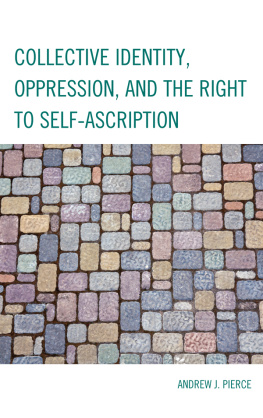







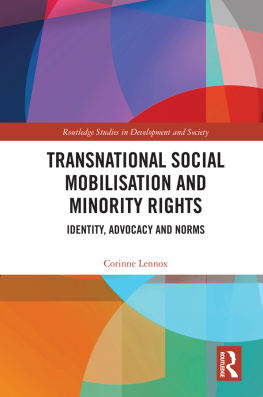
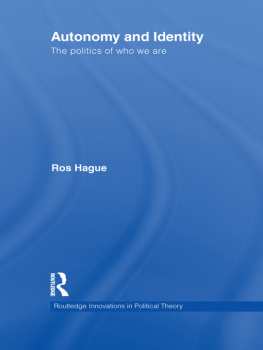
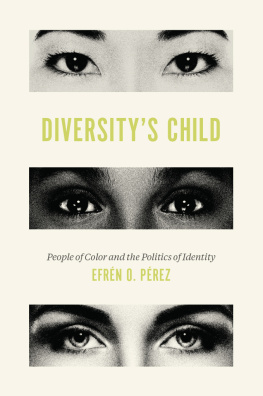
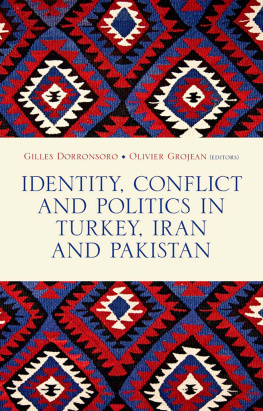
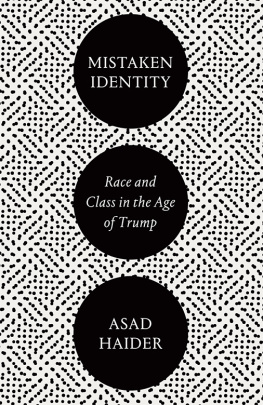
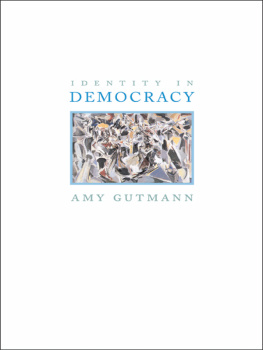
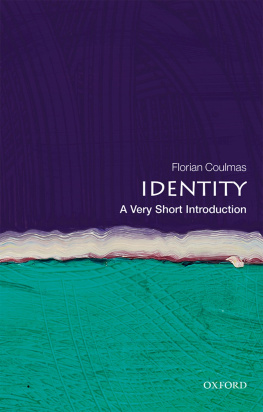
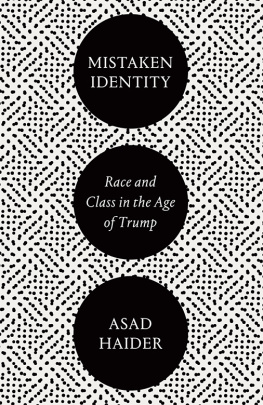
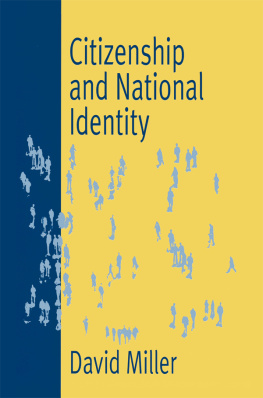
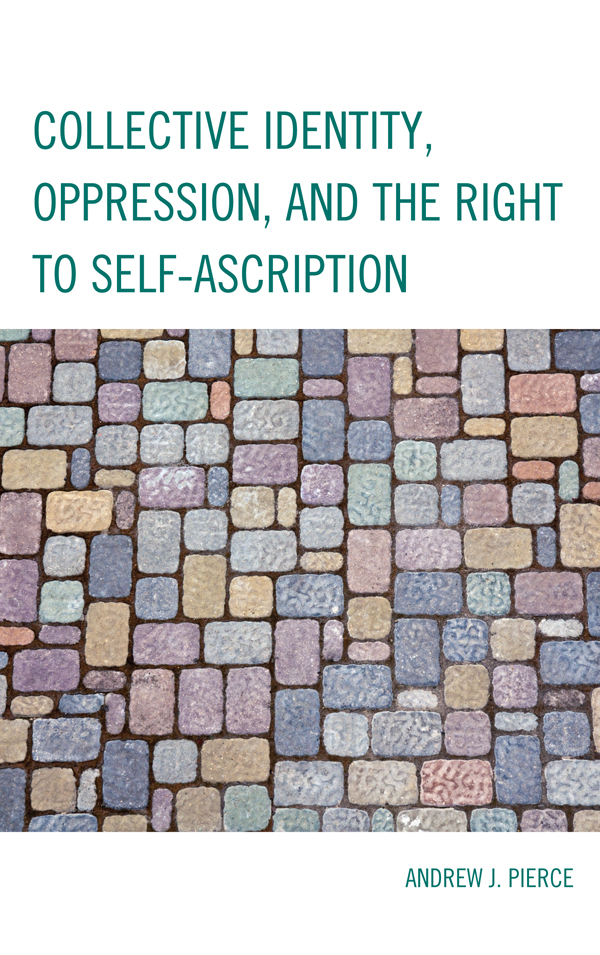
 The paper used in this publication meets the minimum requirements of American National Standard for Information Sciences Permanence of Paper for Printed Library Materials, ANSI/NISO Z39.48-1992.
The paper used in this publication meets the minimum requirements of American National Standard for Information Sciences Permanence of Paper for Printed Library Materials, ANSI/NISO Z39.48-1992.